Certain digestive system disorders or wrong eating habits can lead to constant burping. This story describes the underlying causes of excessive burping, and explains how to prevent constant burping after eating.

Tap to Read ➤
How to Stop Burping
Leena Palande

Certain digestive system disorders or wrong eating habits can lead to constant burping. This story describes the underlying causes of excessive burping, and explains how to prevent constant burping after eating.

Burping, one of the natural reactions of the body, helps get rid of swallowed air. The air swallowed during eating and drinking can cause a lot of discomfort if not expelled. Burping helps lower stomach discomfort. Burping 2 - 3 times after eating is quite normal, but if you can't just stop burping, then it indicates some gastrointestinal problem.
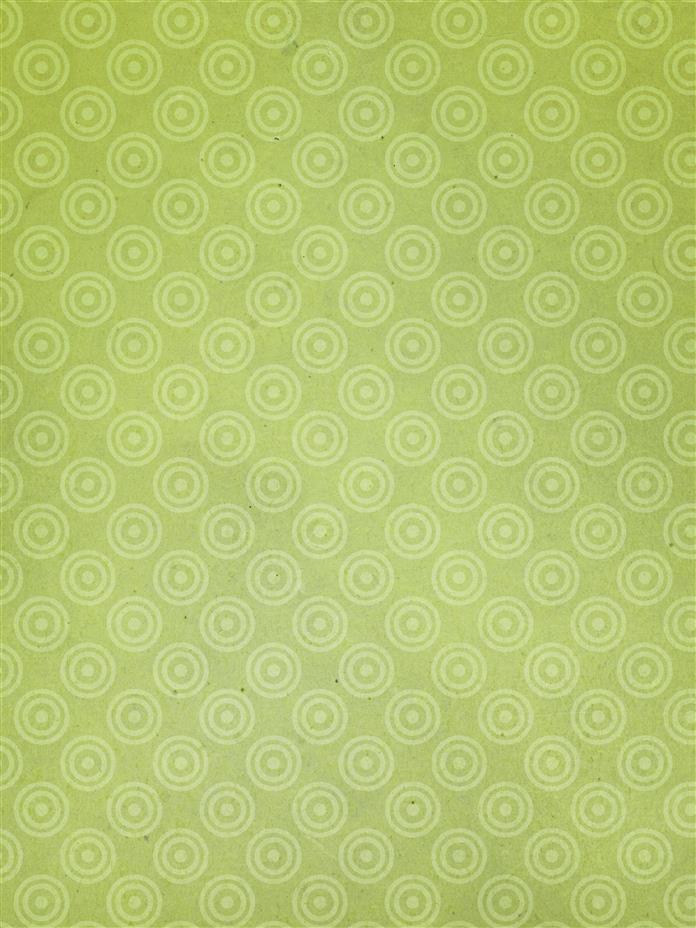
Burping or belching is scientifically known as eructation. Since it is usually accompanied with a typical sound, and at times, an odor, it often leads to an embarrassing situation. Elimination of the underlying cause of burping can help prevent the problem.

Causes of Excessive Burping

1. Diseases and Disorders
➺ The process of digestion involves formation of stomach acid, and mixing of digestive juices and enzymes with the ingested food. If stomach acid, enzymes, or digestive juices present in the body are insufficient in quantity, then the food won't be digested properly.
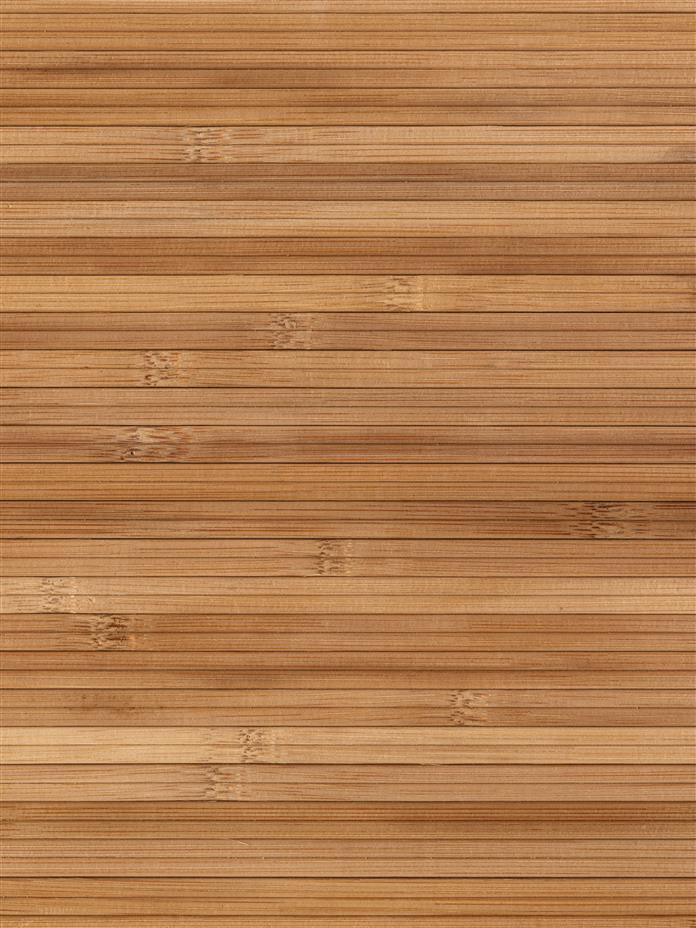
This can lead to indigestion and formation of excessive gas in the digestive tract, resulting in constant burping.
➺ Consumption of excessive liquids during meals can dilute the stomach acid, and can lead to indigestion.
➺ Consumption of excessive liquids during meals can dilute the stomach acid, and can lead to indigestion.
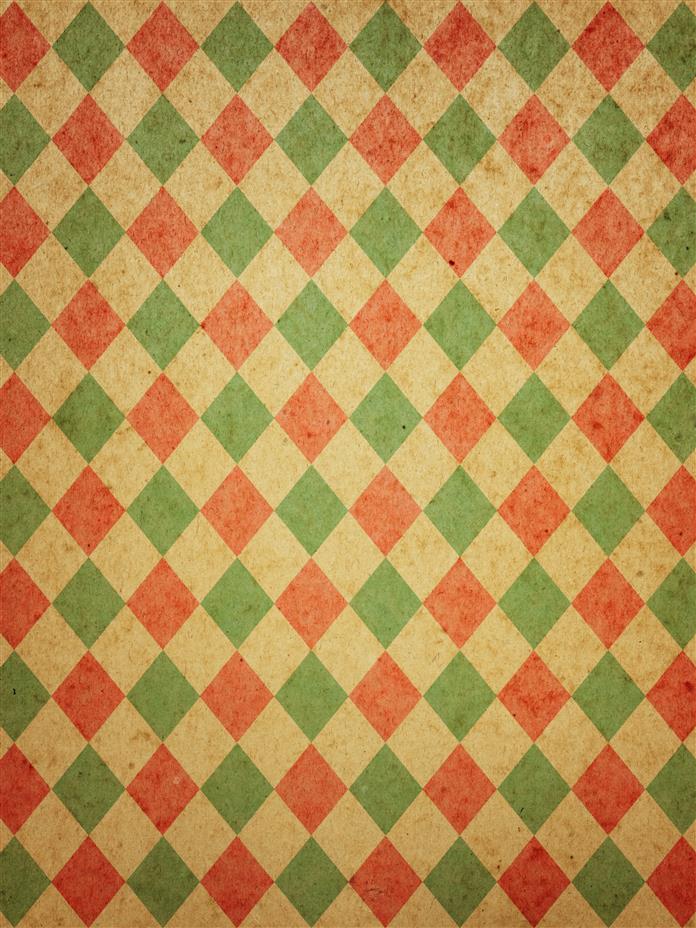
➺ One is likely to burp too many times after consumption of certain foods for which he/she has developed an allergy or intolerance.
➺ A person whose large intestines are not functioning well may suffer from irritable bowel syndrome, and may experience constant burping.
➺ Many times, people suffering from heartburn and acid reflux disease can't stop burping.
➺ A person whose large intestines are not functioning well may suffer from irritable bowel syndrome, and may experience constant burping.
➺ Many times, people suffering from heartburn and acid reflux disease can't stop burping.

➺ A person diagnosed with gallbladder diseases may experience constant burping, as his body will not be able to digest fats.
➺ Formation of a yeast known as Candida albicans can affect the production of enzymes and stomach acid. This can eventually lead to indigestion, excessive fermentation of food in intestines, and abnormal burping.
➺ Formation of a yeast known as Candida albicans can affect the production of enzymes and stomach acid. This can eventually lead to indigestion, excessive fermentation of food in intestines, and abnormal burping.

➺ Those diagnosed with celiac disease or lactose intolerance may burp constantly.
➺ A gastrointestinal infection, blockage, or any other gastrointestinal disease can cause excessive burping.
➺ Internal hernias or adhesions (scar tissue) from surgery may cause bloating, pain, and belching.
➺ A gastrointestinal infection, blockage, or any other gastrointestinal disease can cause excessive burping.
➺ Internal hernias or adhesions (scar tissue) from surgery may cause bloating, pain, and belching.
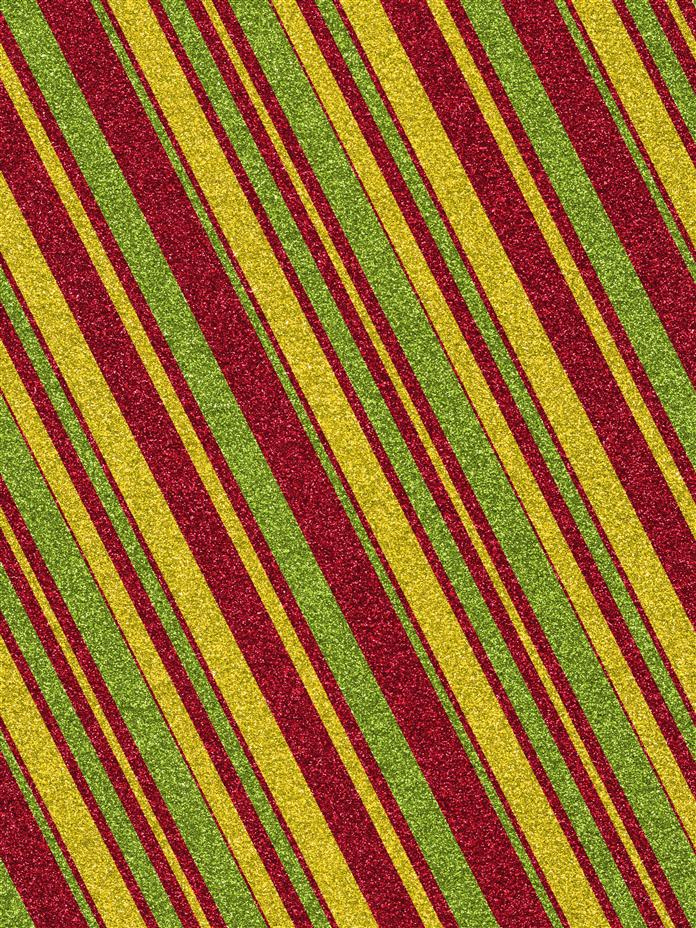
➺ Proper treatment for the underlying condition can help stop excessive belching.

2. Wrong Eating Habits
➺ Excessive eating
➺ Gulping the food down hurriedly without chewing
➺ Eating very large portions at a time
➺ Consumption of heavy meals especially by those who lead a sedentary lifestyle
➺ Gulping the food down hurriedly without chewing
➺ Eating very large portions at a time
➺ Consumption of heavy meals especially by those who lead a sedentary lifestyle

➺ Late night dinners, consumption of heavy food during dinners
➺ Alcohol abuse
➺ Excessive consumption of foods that naturally generate excessive gas in stomach, such as, sugar alcohols in sugar-free foods, beans, broccoli, cabbage, cauliflower, onions, milk and milk products, etc.
➺ Alcohol abuse
➺ Excessive consumption of foods that naturally generate excessive gas in stomach, such as, sugar alcohols in sugar-free foods, beans, broccoli, cabbage, cauliflower, onions, milk and milk products, etc.
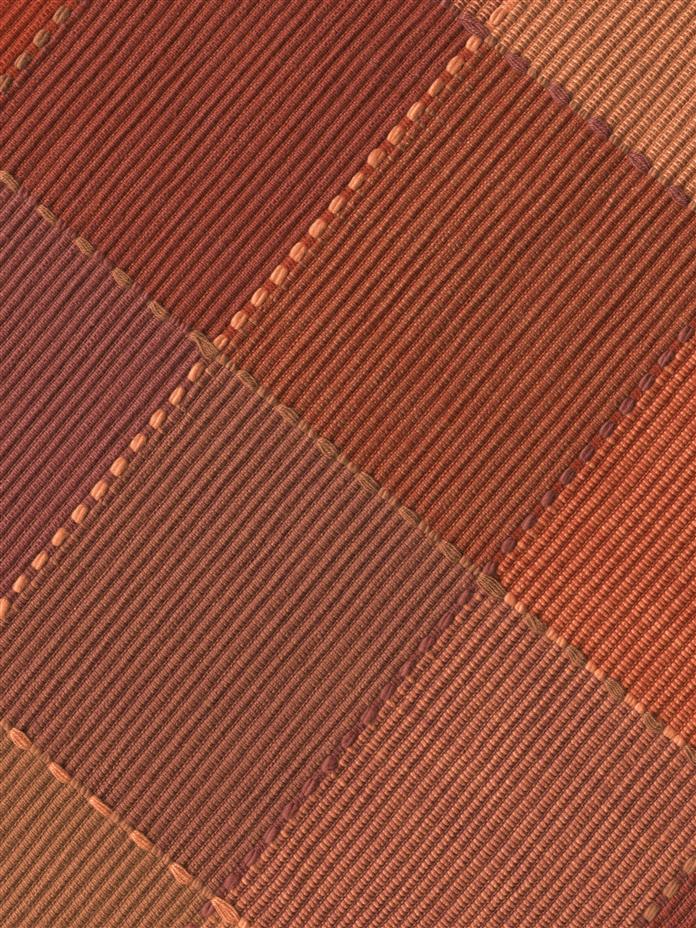
➺ Excessive consumption of carbonated drinks, beer, etc.
➺ Changing the bad eating habits and diet modification can help stop burping.
➺ Changing the bad eating habits and diet modification can help stop burping.

3. Pregnancy
➺ Some women experience excessive burping during pregnancy. It is quite natural. As the growing uterus exerts pressure on the digestive tract, the air from the stomach is constantly expelled.
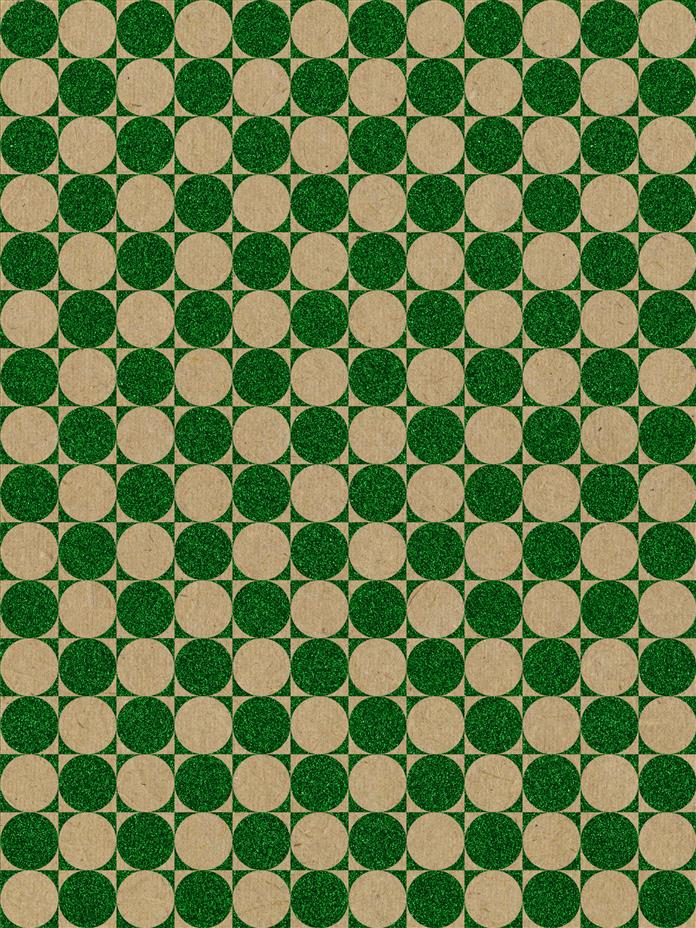
➺ High progesterone levels during pregnancy lead to relaxation of muscles, including relaxation of muscles of the digestive tract. Slowed down digestion leads to bloating, constant burping, and nausea.
➺ Increased inactivity can also lead to indigestion and constant burping during pregnancy.
➺ Increased inactivity can also lead to indigestion and constant burping during pregnancy.

During pregnancy, women should keep themselves engaged in routine work and simple exercises like walking. Inactivity should be avoided.

Stop Burping All the Time
➺ Constant burping can be stopped by eliminating the causes of burping itself, as already mentioned. You should consult your physician & should find out the reason behind this disorder. Proper medication can help get rid of the digestion problems and other problems like GERD, hiatal hernia, irritable bowel syndrome, gallbladder disease, stomach ulcers, etc.
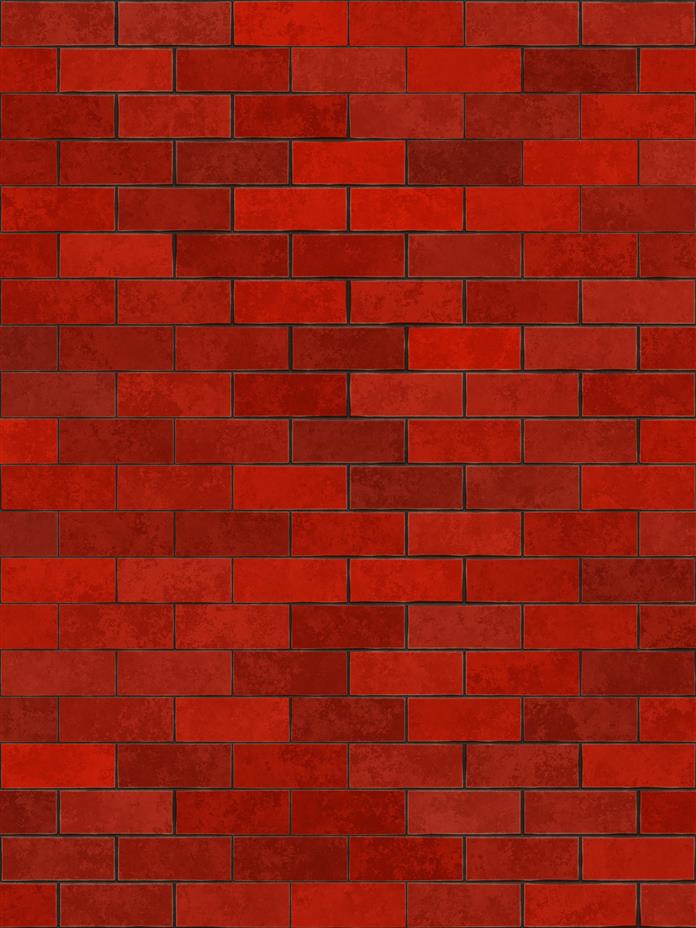
➺ Certain medicines can also lead to burping. So, inform your physician about your routine medicines, and get them changed if necessary.
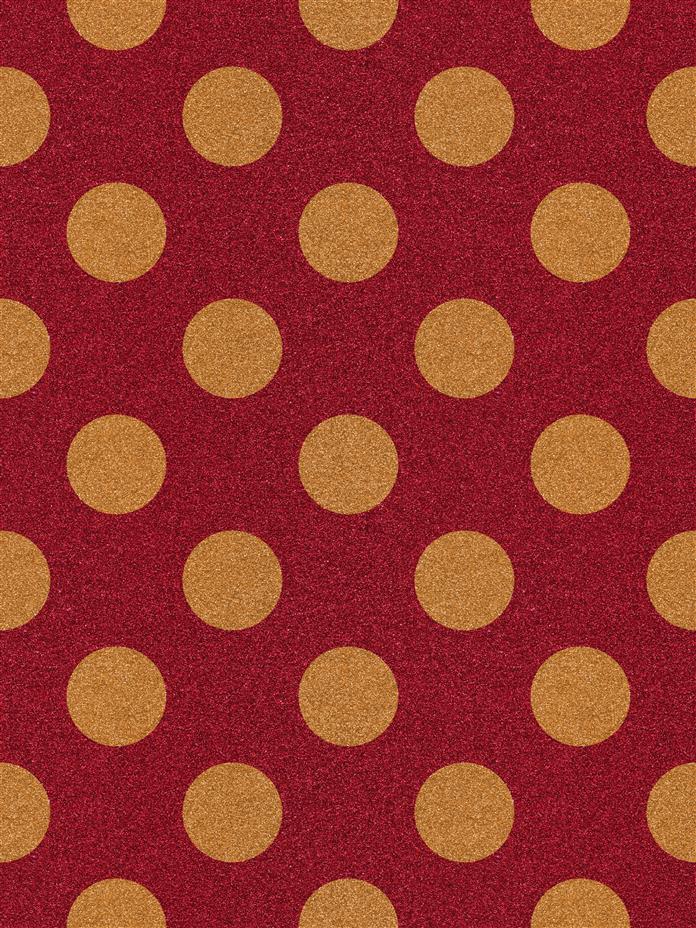
➺ Regular exercise plays an important role in the production of hormones, enzymes, digestive juices, and stomach acid. Exercise promotes quick digestion of the ingested food. It helps prevent excessive fermentation or indigestion of food.
➺ See to it there is at least 3 - 4 hours gap between dinner and sleeping time.
➺ See to it there is at least 3 - 4 hours gap between dinner and sleeping time.

➺ Avoiding heavy, oily, spicy meals, and following a low calorie and balanced diet can help reduce burping.
➺ Slow eating results in swallowing of less air.
➺ Slow eating results in swallowing of less air.
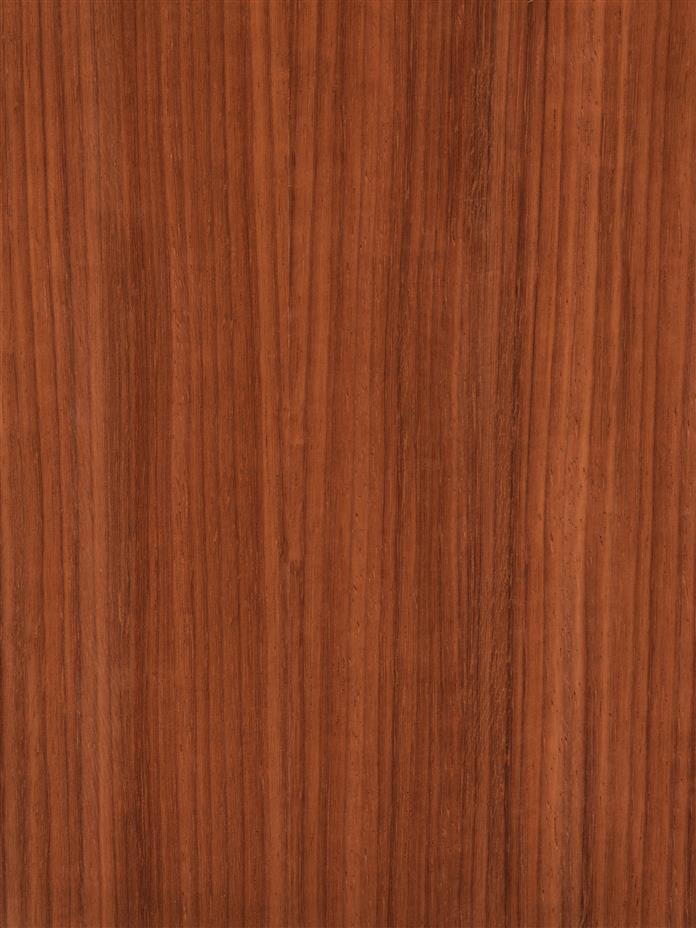
➺ Avoiding carbonated drinks, drinking plain water or fruit juices, including lots of fruits and vegetables in the diet (as high fiber food facilitates digestion), can help lower excessive belching. Avoid consumption of sodas and beers.
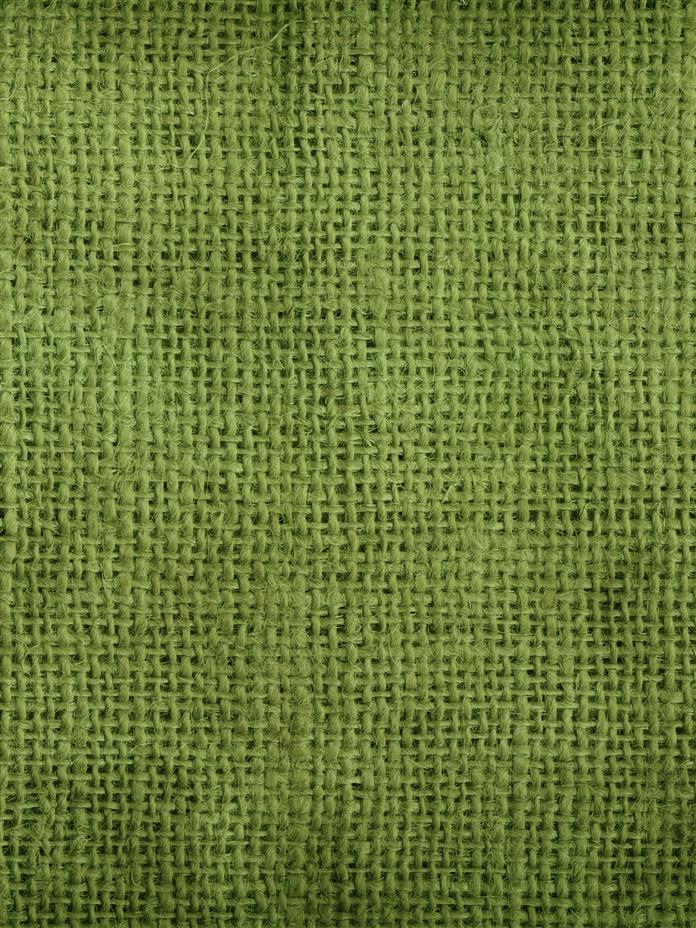
➺ You should find out which food induces more burping in you. It can be milk, onions, ice-cream, beans, pulses, cabbage, cauliflowers, fatty foods, spicy foods, anything... avoid those foods.
➺ You are likely to swallow more air while chewing gum or sucking on hard candy. So, you need to change your habits.
➺ You are likely to swallow more air while chewing gum or sucking on hard candy. So, you need to change your habits.

➺ A poorly fitted denture can cause you to swallow excess air when you eat and drink. If so, you should consult your dentist.
➺ Excessive stress and smoking can also cause indigestion, leading to constant burping.
➺ Excessive stress and smoking can also cause indigestion, leading to constant burping.

Some people swallow too much air while speaking. Some swallow air during sleep. You should check your own habits and should try to improve them. Studies show that excessive burping is many times related to behavioral problems.
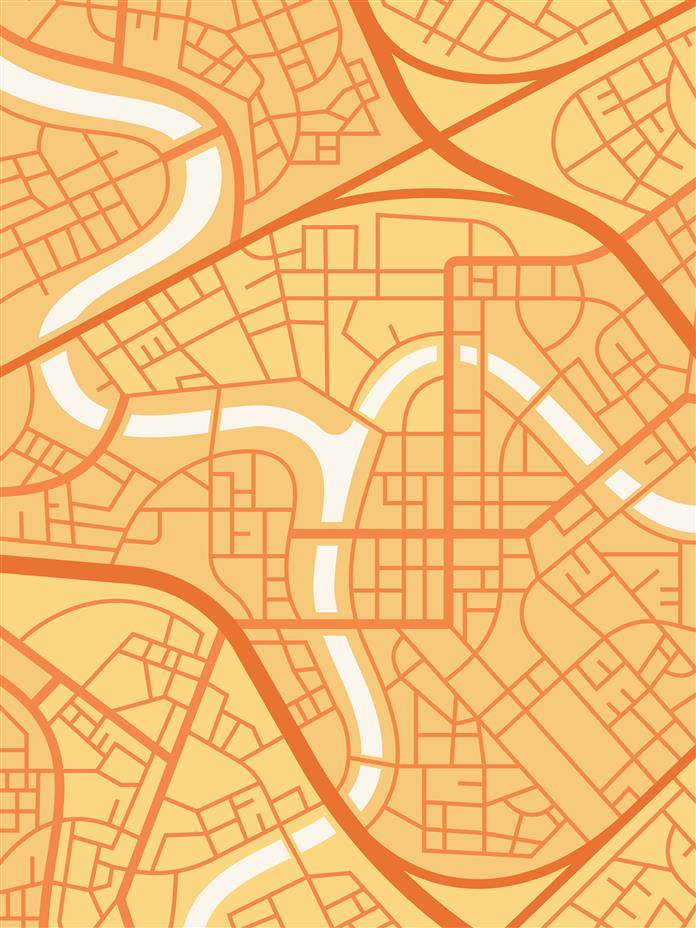
In the beginning, it starts as a result of an acquired act or learned behavior, but then the person finds it difficult to control it. Simple lifestyle changes and dietary alterations can help get rid of this minor problem.